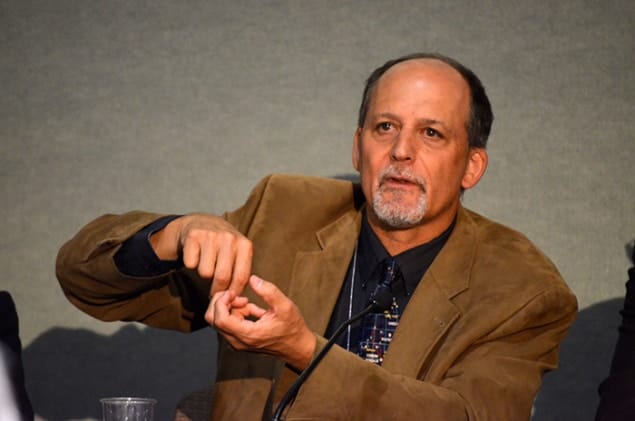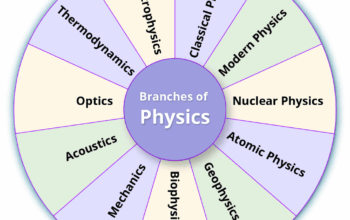The annals of astronomy are frequently punctuated by figures whose work reshapes established paradigms and heralds in new epochs of understanding. Among these luminaries is Geoffrey Marcy, a once-esteemed astronomer whose legacy now resides at a tumultuous nexus of academic brilliance and ethical scrutiny. As the scientific community confronts the disquieting realities of sexual harassment allegations against him, a profound reevaluation of Marcy’s contributions and their implications for the field emerges. This discourse delves into how the fallout from these allegations might catalyze a transformative shift in perspective among Berkeley astronomers and the broader astronomical community.
Geoffrey Marcy’s prominence in the realm of exoplanet research is indisputable. His pioneering discoveries in the late 1990s significantly advanced the paradigm of planetary astronomy. By fostering the conditions for the discovery of numerous exoplanets, Marcy invigorated the scientific pursuits of countless researchers who sought to expand our understanding of planetary systems. His work not only enlarged the catalog of known exoplanets but also ignited public fascination with the prospect of life beyond Earth. The question looms: how does one reconcile such monumental contributions with grave ethical missteps that now threaten to overshadow them?
The gravity of the situation compels a critical reflection on the prevailing structures within which scientific inquiry unfolds. Historically, the culture of many academic disciplines has been characterized by a degree of insularity and complicity that often protects its members, irrespective of their conduct. In the case of Marcy, a multitude of reports concerning his behavior have surfaced, revealing patterns that not only violate ethical norms but also incite a broader discourse on power dynamics and the treatment of women in science. This dissonance between his celebrated scholarly achievements and the allegations he faces introduces a complex dichotomy that beckons introspection within the astronomical community.
Berkeley astronomers, who have long collaborated with and revered Marcy, must now navigate a contemporary landscape fraught with ethical dilemmas. The implications of his actions reverberate through the halls of academia, necessitating discussions that transcend the mere cataloging of celestial bodies. Acknowledging Marcy’s contributions while critically examining the systemic failures that allowed his behavior to persist is essential. This duality prompts a call for transformative action—an opportunity to cultivate an environment that prioritizes integrity and accountability over individual accolades.
The profound ramifications of this reckoning extend far beyond the confines of a single institution. Amidst the scrutiny, the scientific community is urged to actively engage in a re-evaluation of its collective values. This tragic juncture demands introspection on the perils of obeisance towards authority figures and the sometimes implicit acceptance of misconduct in the name of progress. Response strategies must include robust safeguards and policies that promote a culture of reporting, transparency, and ultimately, healing. Scientists are now tasked with envisioning frameworks that prevent the repetition of these transgressions, allowing them to refocus their energies on scientific rigor and innovation.
The promise of a paradigm shift can emerge from this crisis, igniting a desire for a recalibrated perspective on gender dynamics within astrophysical research. It is vital to foster an educational milieu where the voices of underrepresented groups are amplified, ensuring that diverse perspectives enrich the academic dialogue. Such an emphasis on inclusivity not only mitigates risks associated with harassment but also enhances the overall fabric of scientific discourse. The juxtaposition of Marcy’s legacy with forward-thinking initiatives could very well chart a new course for the discipline.
In considering the ramifications of Marcy’s legacy, it is also imperative to recognize the emotional toll on individuals who have experienced harassment within academia. The normalization of detrimental behaviors can create an atmosphere of fear and alienation, stifling creativity and collaboration. By openly acknowledging these narratives, the astronomical community can foster resilience, empathy, and progress. Initiating structures for support and mentorship can empower individuals to reclaim their agency, thus generating an environment conducive to scientific exploration free from fear and intimidation.
In conclusion, the legacy of Geoffrey Marcy serves as a reflective mirror for the astronomical community—a provocative reminder that the pursuit of knowledge is inextricably linked to the ethical conduct of its professed stewards. The path forward is riddled with challenges; however, these challenges are ripe with opportunity for substantive change. As we gaze upon the stars, we must also cast our critical gaze upon ourselves, ensuring that integrity guides our voyage into the cosmos. A reawakening of moral scrutiny may well be the catalyst that rejuvenates the community—championing not only exceptional scientific inquiry but also the ethical imperatives that underpin it. Thus, as the stars fade into the backdrop of history, the legacy of accountability and reflection may shine brightly in its place, illuminating the way forward for generations of astronomers to come.










